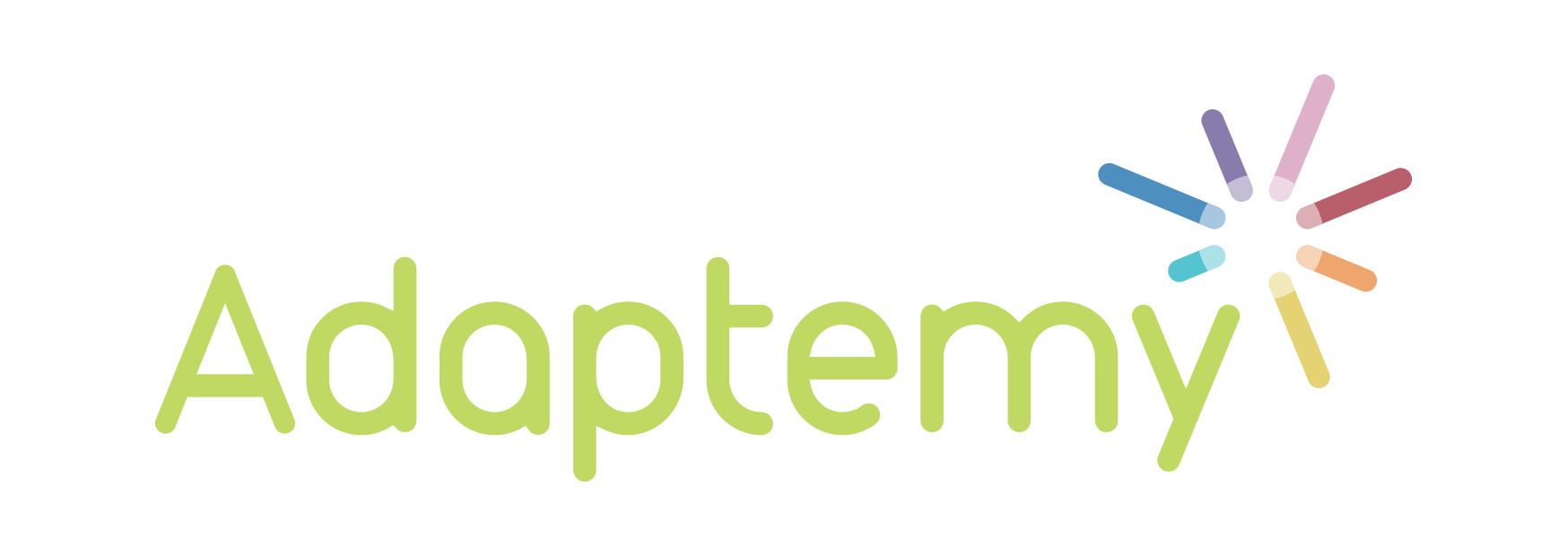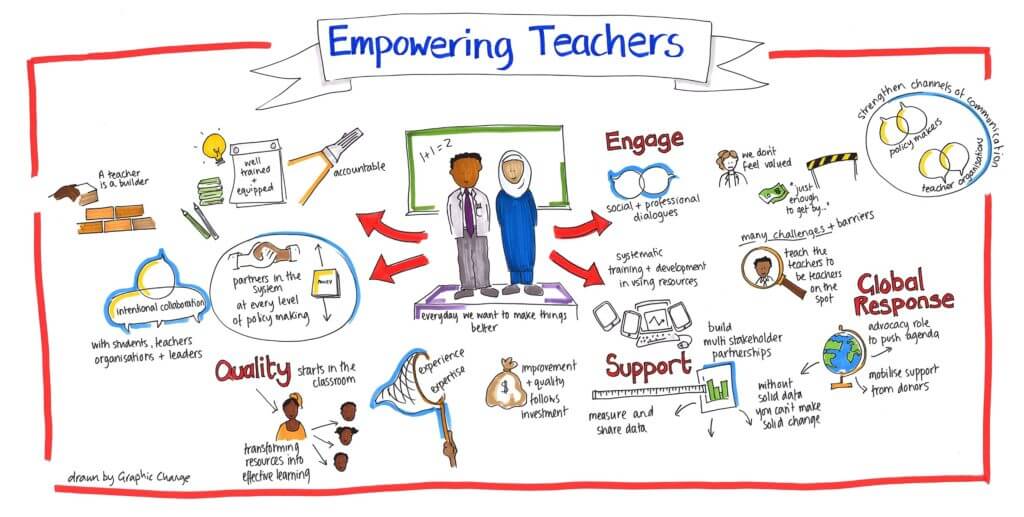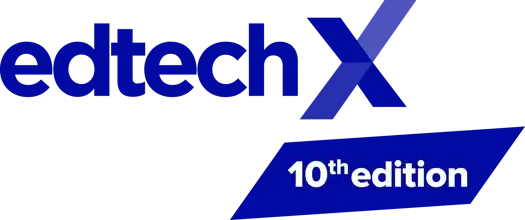Many educational professionals, including the Adaptemy team, place heavy emphasis on the importance of being an empowered teacher. However, the concept of empowerment can seem abstract and its meaning in relation to education is sometimes unclear. Defining exactly what is meant by statements such as ‘adaptive learning technology empowers teachers’ is vital to maximising their impact on the field and illustrating how teachers can become empowered. As such, this post aims to clarify exactly what it means to be an empowered teacher.
Dictionary definitions of empowerment generally distinguish between empowerment as “to give power or authority to, especially by legal means” and empowerment as “to enable or permit”. This distinction presents the first problem in defining empowerment in relation to education because it is not immediately clear whether one or both of these definitions relates to being an empowered teacher. Additionally, each definition is somewhat abstract and difficult to link to educational practice.
Although the first definition given above emphasises power, being empowered is not the same as being powerful. Power is often defined as “the ability or right to control people or things”, implying that people with power have the authority to influence the actions of others.
While empowered people can have power and powerful people can be empowered, it is possible to be empowered without being powerful and vice versa.
In education, creating a hierarchy in which some teachers have power while others are powerless opposes the empowerment process because empowered teachers must be free to exercise their own professional judgment without being restricted by others.
A further problem with the conceptualisation of empowerment as “to give power or authority to” is the implication that empowered people are in control.
As illustrated above, empowered people do not necessarily have control over others and such a situation would inhibit empowerment in education. It is also important to consider factors such as variability, innovation, and creativity, all of which are central to empowerment even though they can rarely be controlled.
Teachers can’t control everything, and expecting them to do so would prevent them from becoming empowered.
The second definition given above may be much closer to what it means to be an empowered teacher. Frances Bolin defined it as “investing teachers with the right to participate in the determination of school goals and policies and to exercise professional judgment about what and how to teach”. In this view, being an empowered teacher means having access to information and materials and being free to use these resources in a way that meets student needs and targets. Empowered teachers are given the encouragement and support necessary to take risks and engage in Continuous Professional Development (CPD) while collaborating with their colleagues, and this process is essential to success in education.
Being an empowered teacher means having enough resources and freedom to provide every student with the education that they deserve. Teachers who have not yet experienced empowerment are unable to fully personalise their teaching to the needs of each student and, as mentioned in my recent post about how adaptive learning technology is repersonalising education, students are turning to expensive personalised tuition sessions in search of the full attention of an educator who can provide them with personalised content and feedback. The importance of empowerment is also illustrated by its role in increasing teacher motivation, improving problem-solving skills, and teaching students to become empowered, all of which are vital to improving learning outcomes for every student.
Understanding what it means to be empowered will allow teachers to take the first step towards achieving this goal.
In a recent podcast we discussed the importance teacher empowerment with David O’Grady, who has taught students across China, Ireland and Belgium, and its importance for the successful adoption of digital tools. Check out our article and the podcast here.
Tweet us @adaptemy and let us know what being an empowered teacher means to you!



